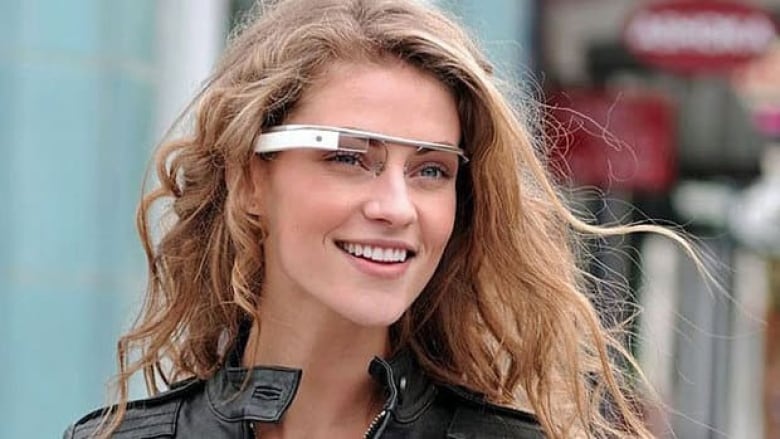Dan Misener: How Google Glass and facial recognition technology could affect your privacy
Thanks to new technology, the age of consumer-friendly real-world face recognition may be nigh

In a 2011 op-ed for The Globe and Mail, Ontario's Information and Privacy Commissioner Ann Cavoukian outlined a possible near-future. "Imagine a scenario," she wrote, "where you're walking down the street or attending a sports event or shopping at a mall, and your photo is taken, identified, tagged and matched against a database of facial templates, without your knowledge or consent."
I'd call that surreptitious facial recognition.
Cavoukian called it "an affront to privacy that should not be tolerated."
But two years later, Cavoukian's scenario seems increasingly plausible.
Thanks to improvements in facial recognition technology, ubiquitous data connections, and the burgeoning field of camera-equipped wearable devices, the age of consumer-friendly real-world face recognition may be nigh.
- Canadian companies want in on augmented reality
- How wearable computing could change our lives and alter meaning of privacy
- Seattle bar pre-emptively bans Google Glass
That's why I was particularly keen to talk to Stephen Balaban. Balaban is the founder of Lambda Labs, a San Francisco-based startup that specializes in facial recognition. Recently, Lambda announced a service aimed at developers who want to build facial recognition into apps for Google Glass.
Why add face recognition to a head-mounted display?
Balaban explained onepotential use aimed at forgetful business people: "You've got a lot of business contacts. You've met, say, a thousand people this year. You could imagine [an app] having reference to your current contact book.
"And when you see someone again, it'll whisper in your ear their name, their company. It kind of does it for you automatically."
As someone who is terrible at remembering names, I understand the underlying appeal.
At the same time, I can't help but feel unsettled by this kind of outsourced familiarity.
Google, for its part, has made its stance on facial recognition clear. "We wont add new face recognition features to our services unless we have strong privacy protections in place," according to Steve Lee, Google's director of product management for Google Glass, in a statement to the New York Times.
As a privacy-conscious human being, I don't want to have to constantly monitor the facial recognition service industry so I can proactively navigate the privacy settings of each company.
But in this case, it's not Google offering face recognition featuresit's third-party developers, building on top of a platform created by Lambda Labs. Which begs the question: who should be responsible for ensuring strong privacy protections? The platform owner, Google? The facial recognition service provider, Lambda Labs? The third-party app developers themselves?
"Whoever has that data. Whoever controls that data. That's where the responsibility lies," says Balaban.
For applications built on its platform, Lambda Labs says it will control facial recognition data.
"And in the beginning, we will be creating an opt-out privacy protection, to make sure that people who don't want to be recognized by this have an ability so their face will never be linked with any social profiles online."
But there are wrinkles.
Lambda Labs isn't the only company working in this space. And they're not a consumer-facing company; they provide toolkits for developers. I wonder how many consumers will know about Lambda Labs at all, let alone their opt-out setting.
Not to mention the headaches associated with opting out. As a privacy-conscious human being, I don't want to have to constantly monitor the facial recognition service industry so I can proactively navigate the privacy settings of each company.
To be clear, small digital cameras are not new. Facial recognition technology is not new. Ubiquitous data connections are not new. But hooking all these components together, and accessing them through a head-mounted display with a view of the real world? That feels new.
Stephen Balaban agrees. "That absolutely is a new thing."
He also believes that we're ready for this particularly confluence of technologies, but admits that "just like any other technological revolution, the societal and legal institutions take some time to catch up."
Disruptive technologies have a history of prompting privacy questions and pushing social norms. More than a century ago, instant cameras made us question an individual's right to their image and likeness in public. A decade ago,banning camera phones at the gym was news. For Balaban, face recognition touches on a lot of the same themes.
"It's a spectrum. Everybody has their own perspective of what is and what is not 'creepy.' We all draw our lines in different places in the sand."
For now, mine's just short of surreptitious facial recognition.












_(720p).jpg)


 OFFICIAL HD MUSIC VIDEO.jpg)
.jpg)



























































































